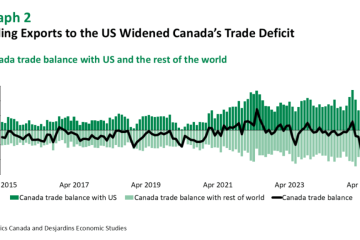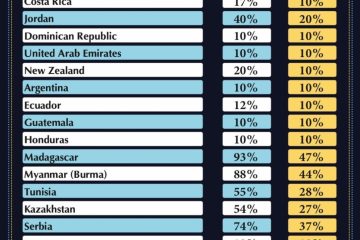The Impact of Tariffs on Global Trade and Local Economies

Introduction
In an interconnected world, tariffs play a crucial role in shaping international trade policies and local economies. Tariffs, which are taxes imposed on imported goods, are often used by governments to protect domestic industries, generate revenue, and influence economic relationships with other countries. Understanding the implications of tariffs is essential not only for policymakers but also for consumers who may experience changes in prices and product availability.
Current Events Surrounding Tariffs
As of 2023, tariffs are at the forefront of discussions due to ongoing trade tensions, particularly between the United States and China. The U.S. has maintained tariffs on a wide range of Chinese imports, which were originally implemented in 2018. These tariffs aimed to reduce the trade deficit and counteract what the U.S. perceives as unfair trade practices. Currently, these tariffs affect various sectors, including technology, agriculture, and manufacturing.
In recent months, the Biden administration has discussed potential adjustments to these tariffs. Some analysts argue that reducing or eliminating certain tariffs could lower consumer prices, particularly given the inflationary pressures resulting from global supply chain disruptions. Conversely, some lawmakers and industry groups advocate for retaining the tariffs to protect domestic jobs and industries from foreign competition.
Global Responses and Effects
Countries around the globe are also responding to the shifting landscape of tariffs. The European Union is grappling with its own tariff disputes, particularly concerning steel and aluminum imports from the U.S. Additionally, markets in developing economies are experiencing direct consequences as tariffs affect their export abilities to major markets like the U.S. and China. Countries that rely heavily on exports, such as Mexico and Brazil, are especially vulnerable as tariff changes can dramatically impact their economic stability.
Conclusion
The ongoing discussions and changes surrounding tariffs underline their importance in global economics. As the situation continues to evolve, consumers should remain informed about how tariffs may influence the prices they pay for goods and the availability of products. In an era marked by globalization, understanding the nuances of tariffs not only empowers consumers but also enhances civic engagement in discussions about trade policies. Looking ahead, the outcomes of tariff discussions will likely shape not only international relations but also the everyday lives of individuals in an increasingly complex global economy.









